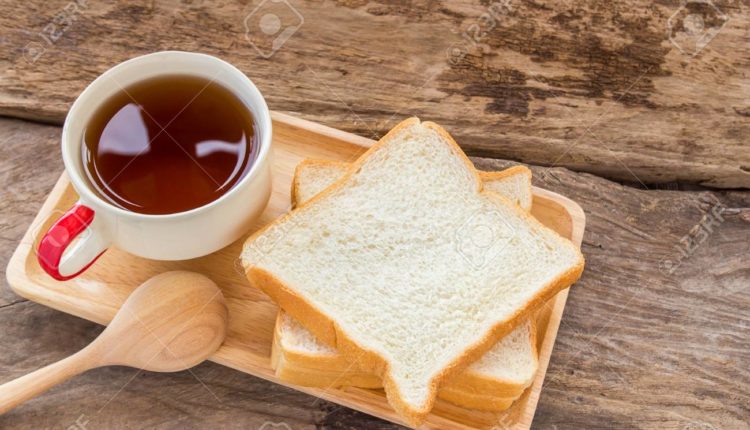Why Bread and Tea May Be Risky If You Have These Health Conditions

Bread and tea are common staples in many households, especially in Kenya, but they may not be suitable for everyone—especially those dealing with certain medical conditions. While they might seem harmless, both bread and tea can actually worsen some health issues if consumed regularly.....CONTINUE READING THE FULL STORY HERE
If you have diabetes, most commercially available bread—especially white bread—is highly processed and loaded with refined carbohydrates. These carbs quickly raise blood sugar levels, making it harder for diabetics to manage their condition. Instead, whole grain or high-fiber alternatives should be considered.
People suffering from acid reflux or ulcers should also avoid bread and strong tea. Bread, especially when eaten dry or in large quantities, can cause bloating and pressure in the stomach.
On the other hand, tea contains caffeine and tannins, which can irritate the stomach lining and trigger acid production.
Those with iron deficiency (anemia) should limit tea intake. Tea inhibits iron absorption due to its tannin content, which can worsen the condition over time.
Additionally, individuals with gluten intolerance or celiac disease must avoid bread made from wheat, barley, or rye, as it triggers inflammation and digestive issues.
In summary, while bread and tea may seem harmless, people with these conditions should be cautious. Always listen to your body and consult your doctor for alternatives.
